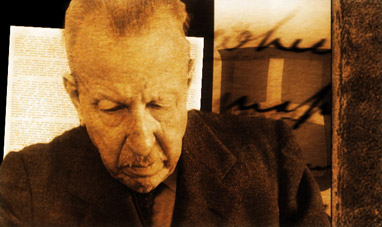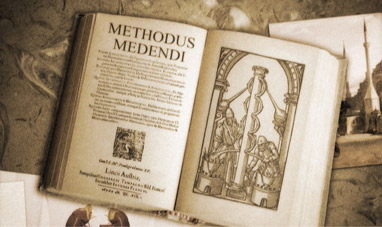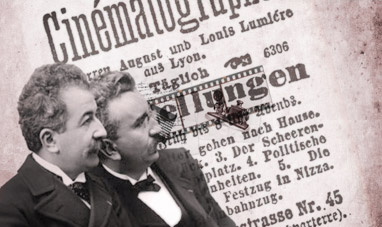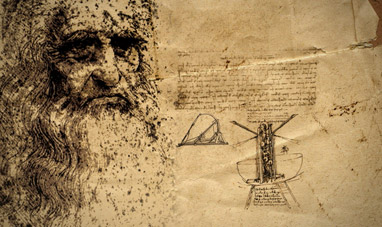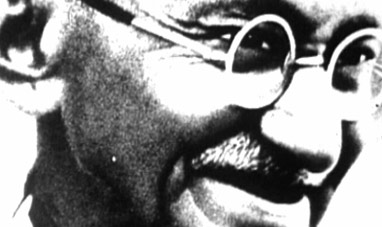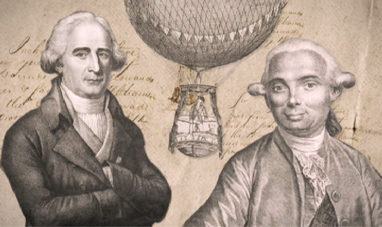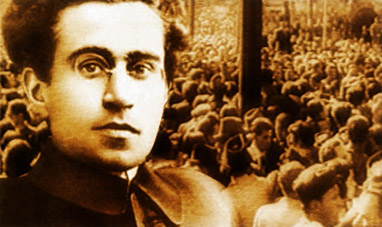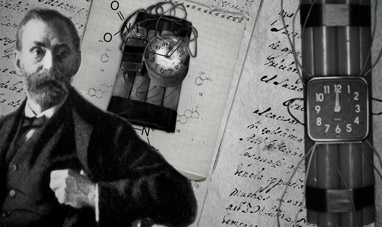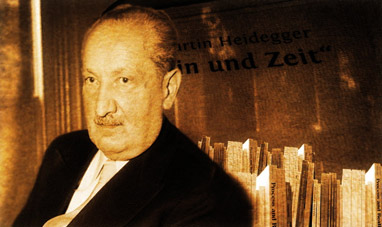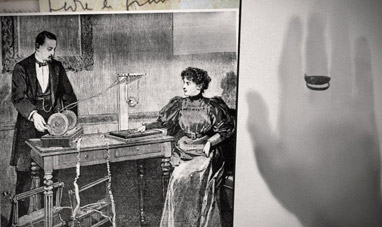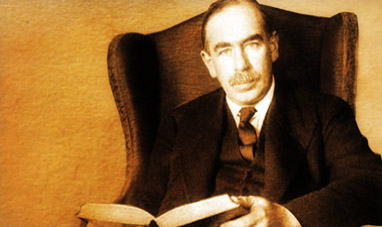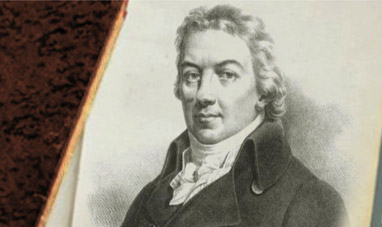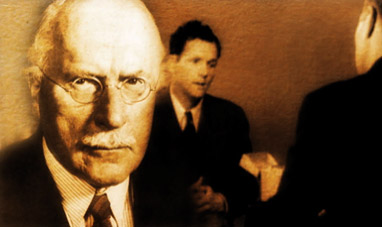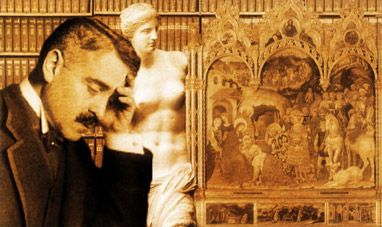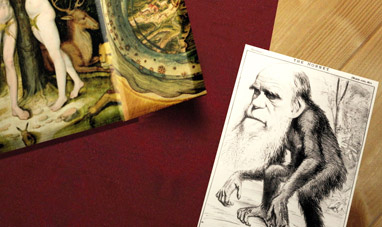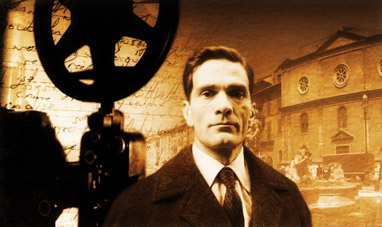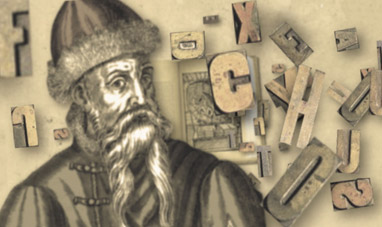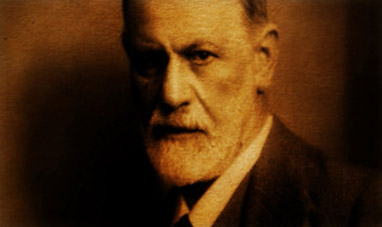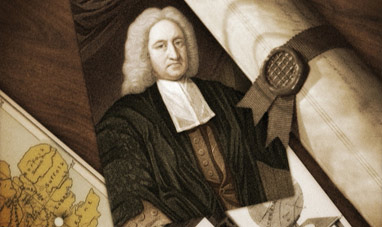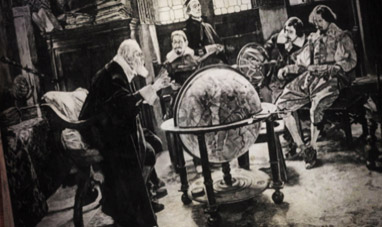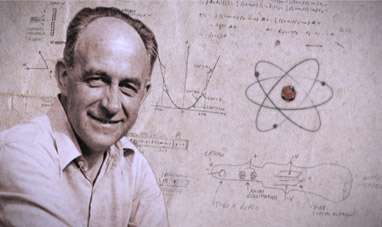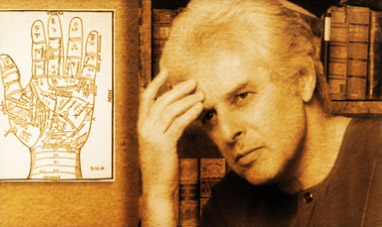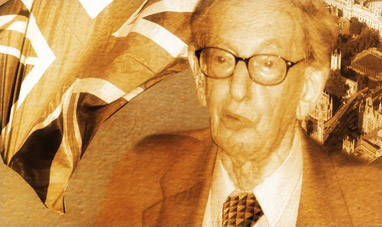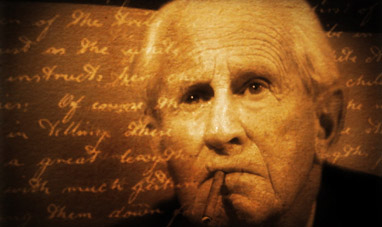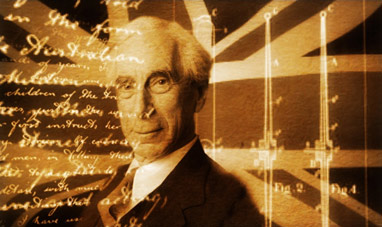German philosopher Hans Georg Gadamer was one of the most important thinkers of the 20th Century. His chief work was entitled Truth and Method. Gadamer was born in Marburg on February 11, 1900, Germany to an educated and affluent family. After studying history, art and literature, he received a degree in philosophy in 1922. He became a professor at age 29, and went on to teach at the Universities of Marburg, Leipzig, Frankfurt and Heidelberg.
Gadamer emphasized culture and humanity in a time when science and technology dominated the mainstream, neither of which he believed should have a monopoly on knowledge. In 1960 he published Truth and Method. In it, Gadamer reflected on different notions of the truth as well as man’s ability to understand it. His treatise ended by advocating the discipline of interpreting texts called hermeneutics.
In the past, that study focused only on the Bible. Gadamer, however, proposed widening the scope of hermeneutics to include every text, including literature, and all forms of communication. Before Gadamer, most theorists believed that to understand a text readers had to return, virtually, to the time of a book’s composition, reliving the author’s original context and culture. People believed this was the only way to guarantee a full understanding of texts.
Gadamer argued that no one could become so objective that he could truly enter a different culture, because all people were bound by their own cultural horizons. Thus, the secret to understanding a text lay in the dialogue between a book and its reader. In this kind of encounter, both sides could exchange their experiences in a phenomenon Gadamer termed the “fusion of horizons”. He held the model valid for every product of culture, from works of art to philosophical theories.
Gadamer thought that difficulties accessing a book or painting were never due to a cultural product itself. Although all such works came from creators who lived within a particular social context, cultural products really belonged to history. A literary work, for instance, was intended for both present and future readers. There was no absolute measure of its worth, but its value changed according to readers’ perceptions. As readers’ dialogue with a book continued, so did their overall understanding of it.
In Gadamer’s thinking, this dialogue was so important that it could be applied to every major contemporary problem. He came to regard the ability to listen and compare, a central component of hermeneutics, as a way of life. He viewed the practice as a guide to reflection and an important part of ethics.
Hans Georg Gadamer died in Heidelberg on March 14, 2002. He was 102.
Gadamer emphasized culture and humanity in a time when science and technology dominated the mainstream, neither of which he believed should have a monopoly on knowledge. In 1960 he published Truth and Method. In it, Gadamer reflected on different notions of the truth as well as man’s ability to understand it. His treatise ended by advocating the discipline of interpreting texts called hermeneutics.
In the past, that study focused only on the Bible. Gadamer, however, proposed widening the scope of hermeneutics to include every text, including literature, and all forms of communication. Before Gadamer, most theorists believed that to understand a text readers had to return, virtually, to the time of a book’s composition, reliving the author’s original context and culture. People believed this was the only way to guarantee a full understanding of texts.
Gadamer argued that no one could become so objective that he could truly enter a different culture, because all people were bound by their own cultural horizons. Thus, the secret to understanding a text lay in the dialogue between a book and its reader. In this kind of encounter, both sides could exchange their experiences in a phenomenon Gadamer termed the “fusion of horizons”. He held the model valid for every product of culture, from works of art to philosophical theories.
Gadamer thought that difficulties accessing a book or painting were never due to a cultural product itself. Although all such works came from creators who lived within a particular social context, cultural products really belonged to history. A literary work, for instance, was intended for both present and future readers. There was no absolute measure of its worth, but its value changed according to readers’ perceptions. As readers’ dialogue with a book continued, so did their overall understanding of it.
In Gadamer’s thinking, this dialogue was so important that it could be applied to every major contemporary problem. He came to regard the ability to listen and compare, a central component of hermeneutics, as a way of life. He viewed the practice as a guide to reflection and an important part of ethics.
Hans Georg Gadamer died in Heidelberg on March 14, 2002. He was 102.

